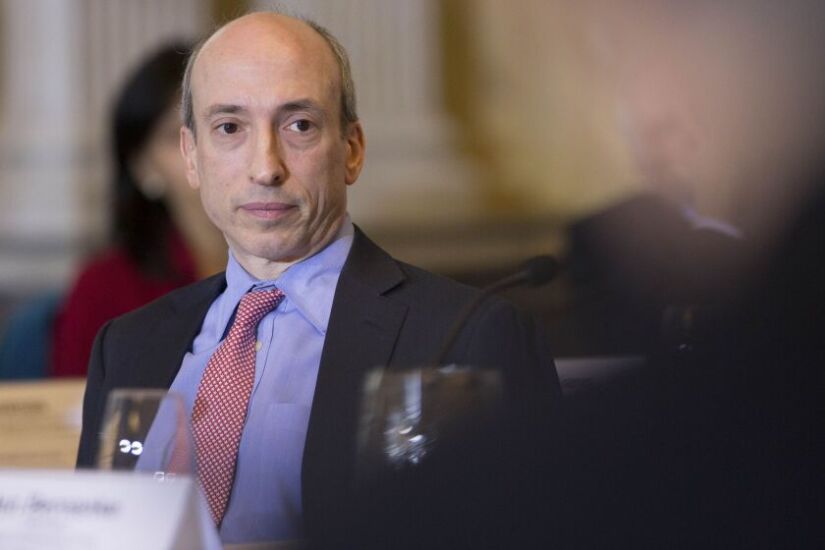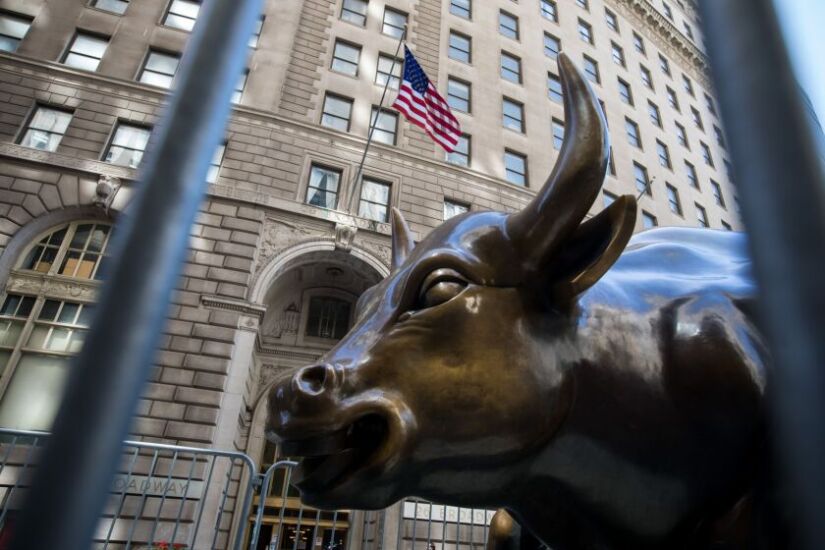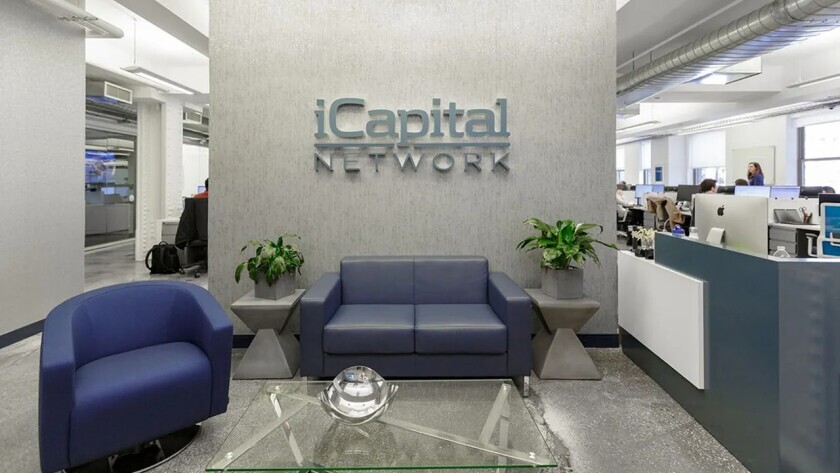Between a meme stock frenzy powered by digital brokerage apps, cryptocurrencies continuing their wild ride and a never-ending parade of mergers, acquisitions and fundraising deals, fintech kept making headlines in 2021.
As we move into the holiday season and take a well-deserved break before getting back to work in the new year, here’s a look back at some of the biggest stories that impacted financial advisor technology in 2022.















